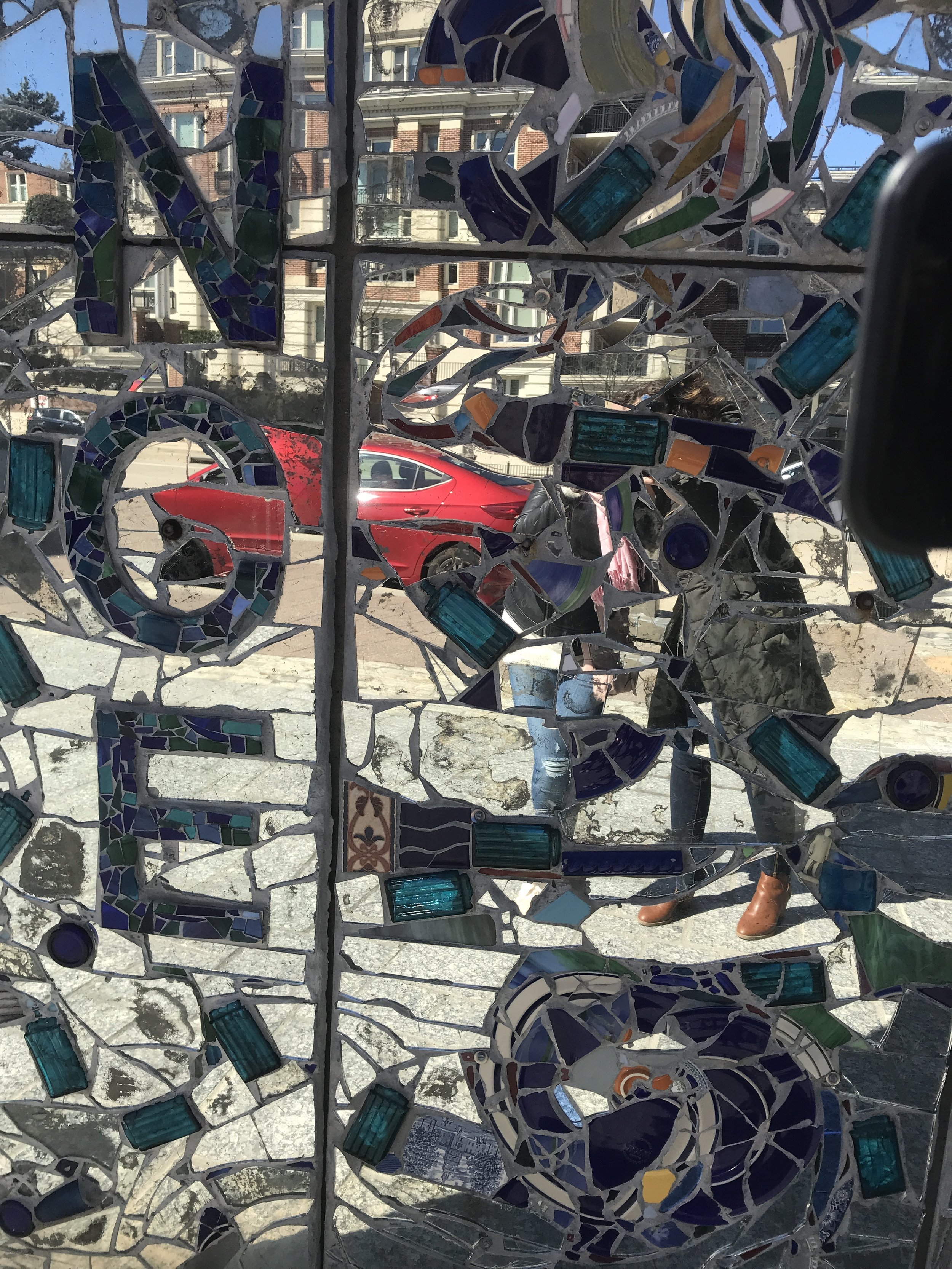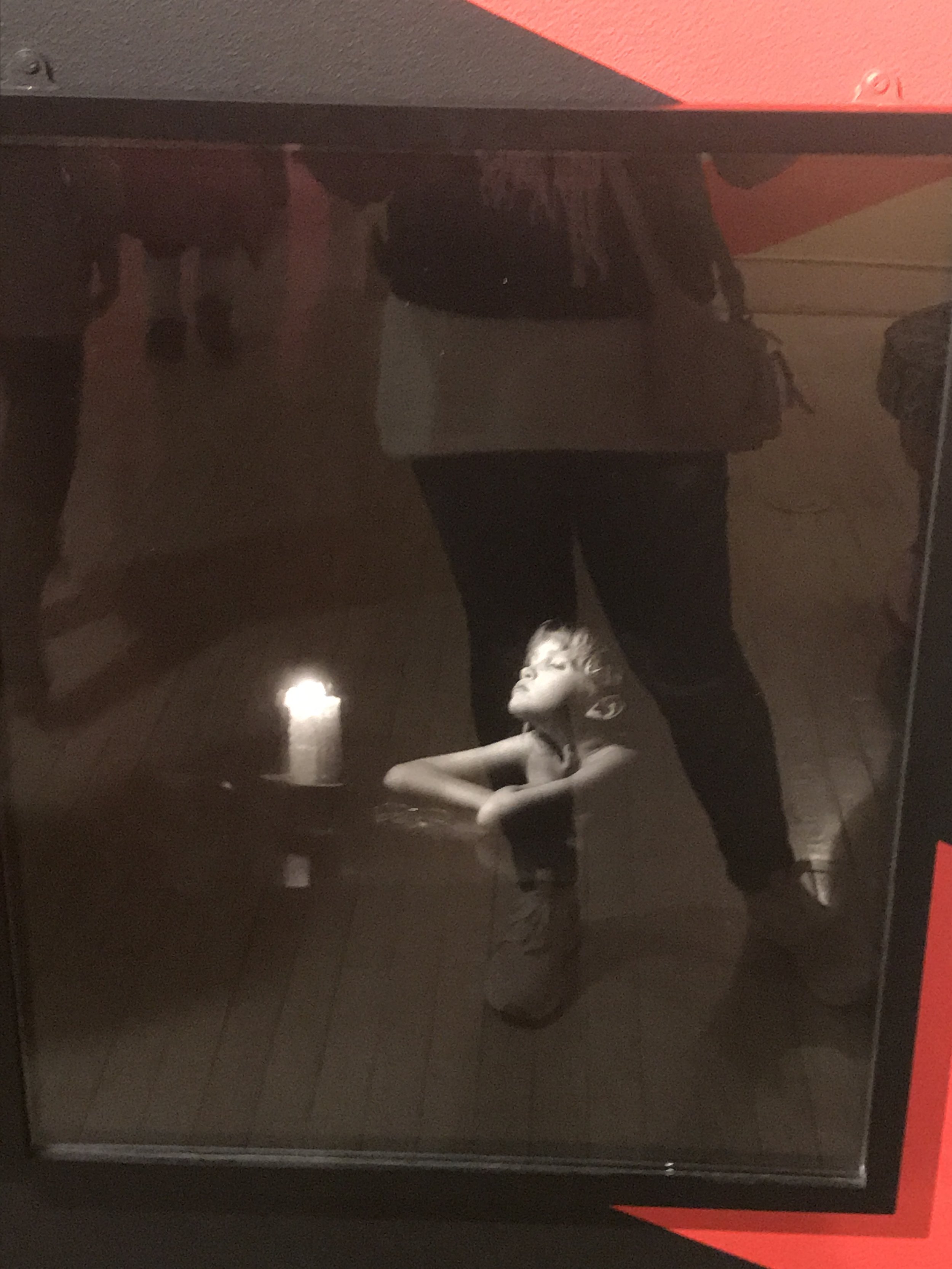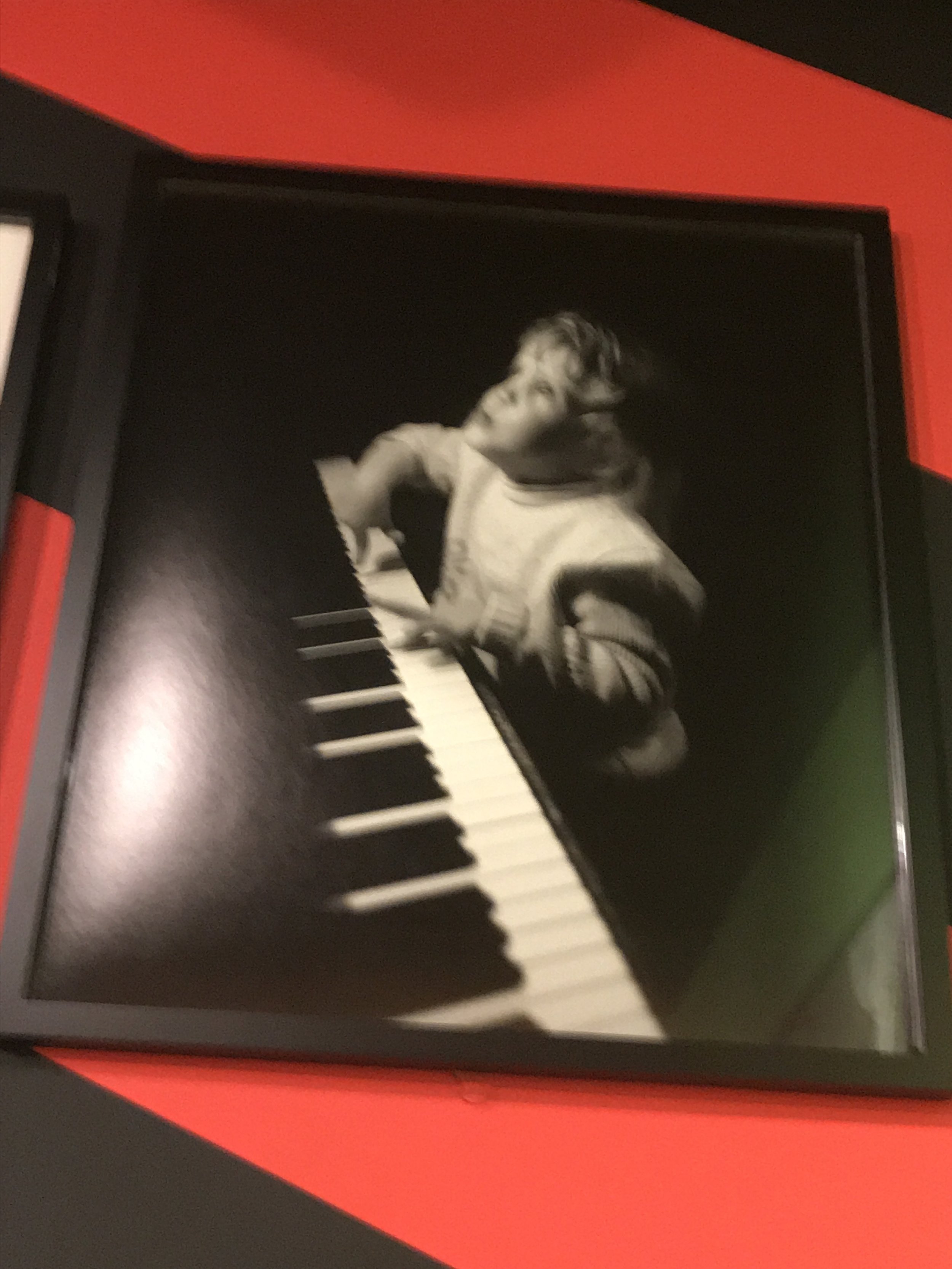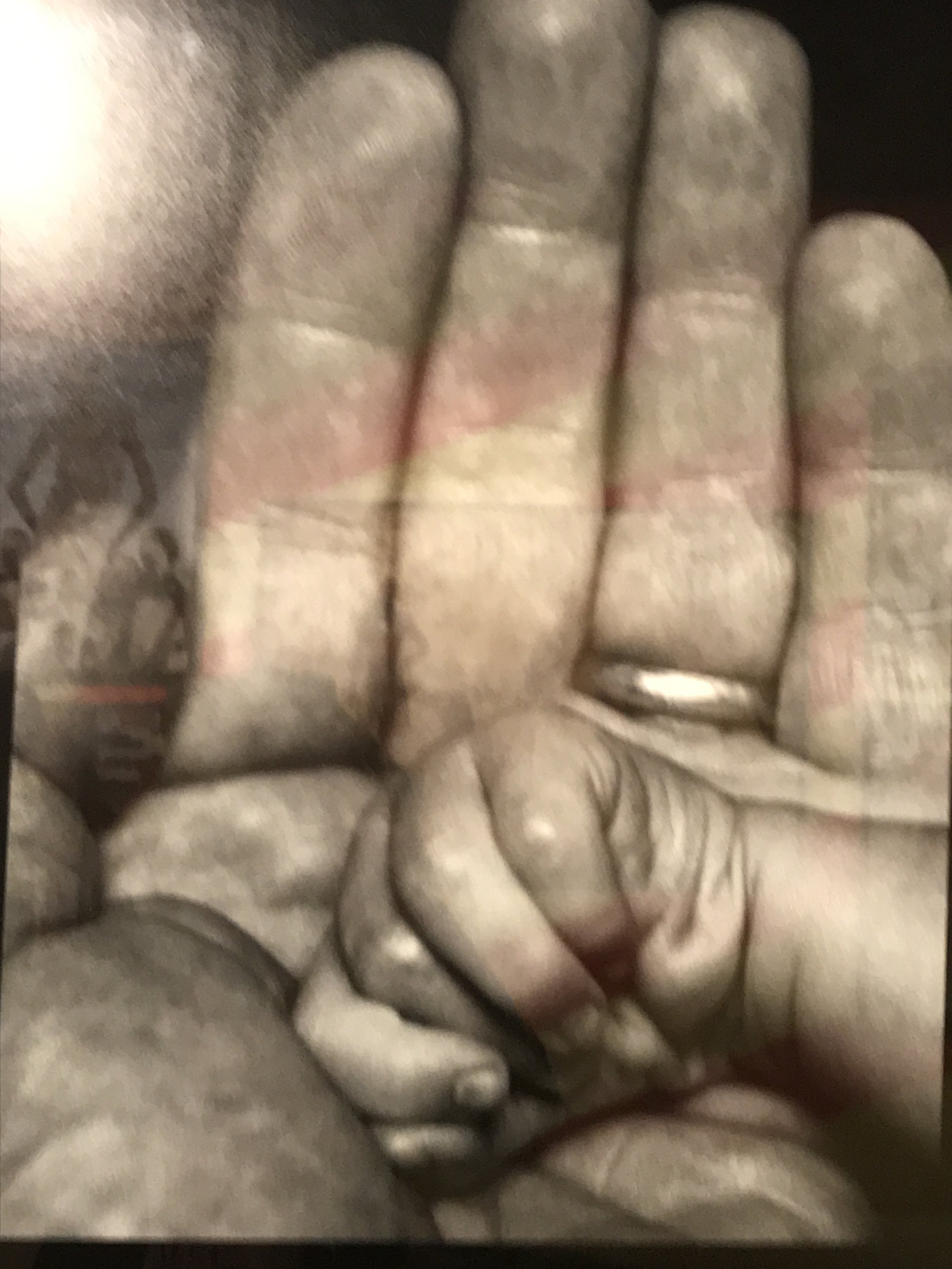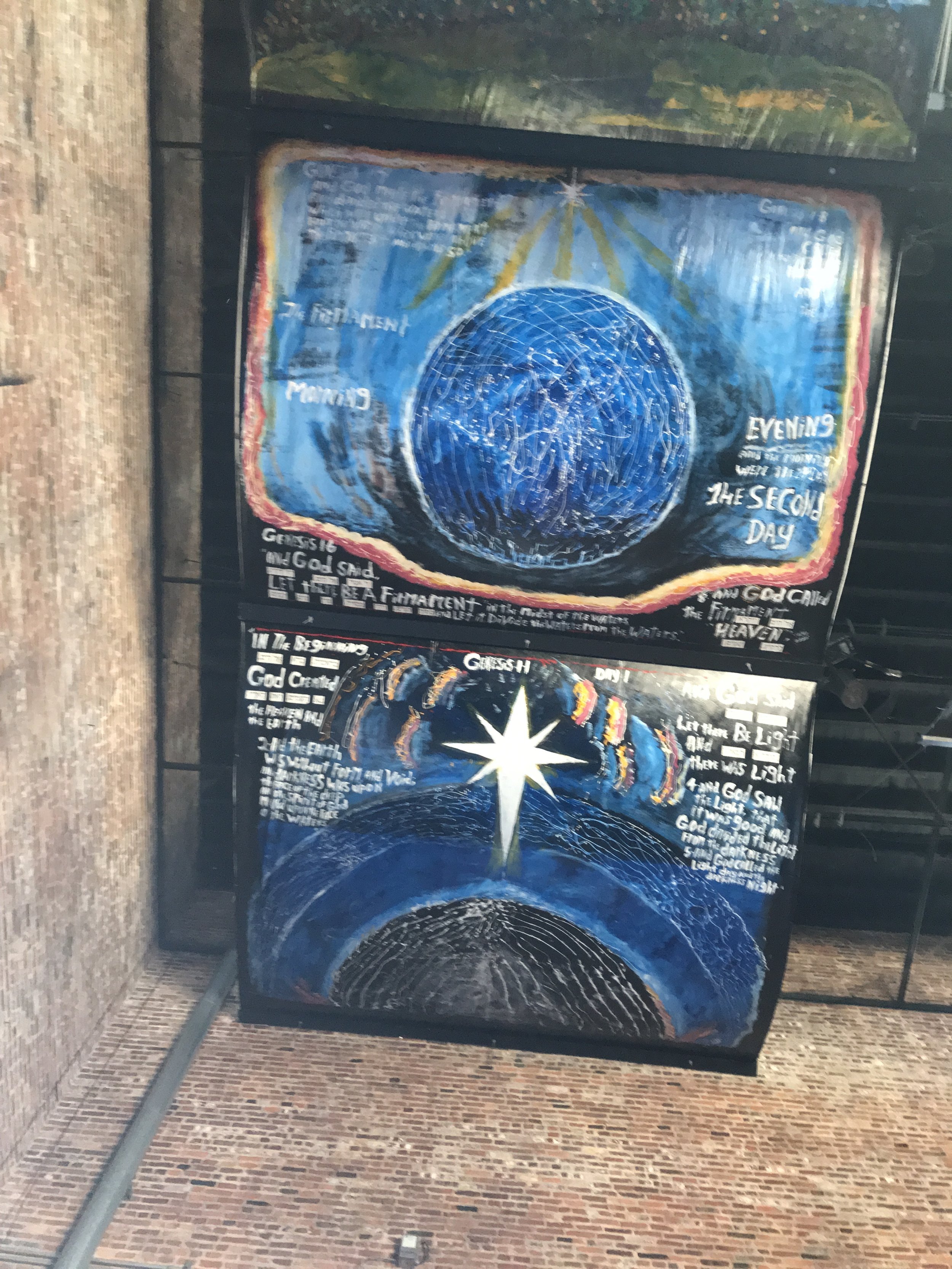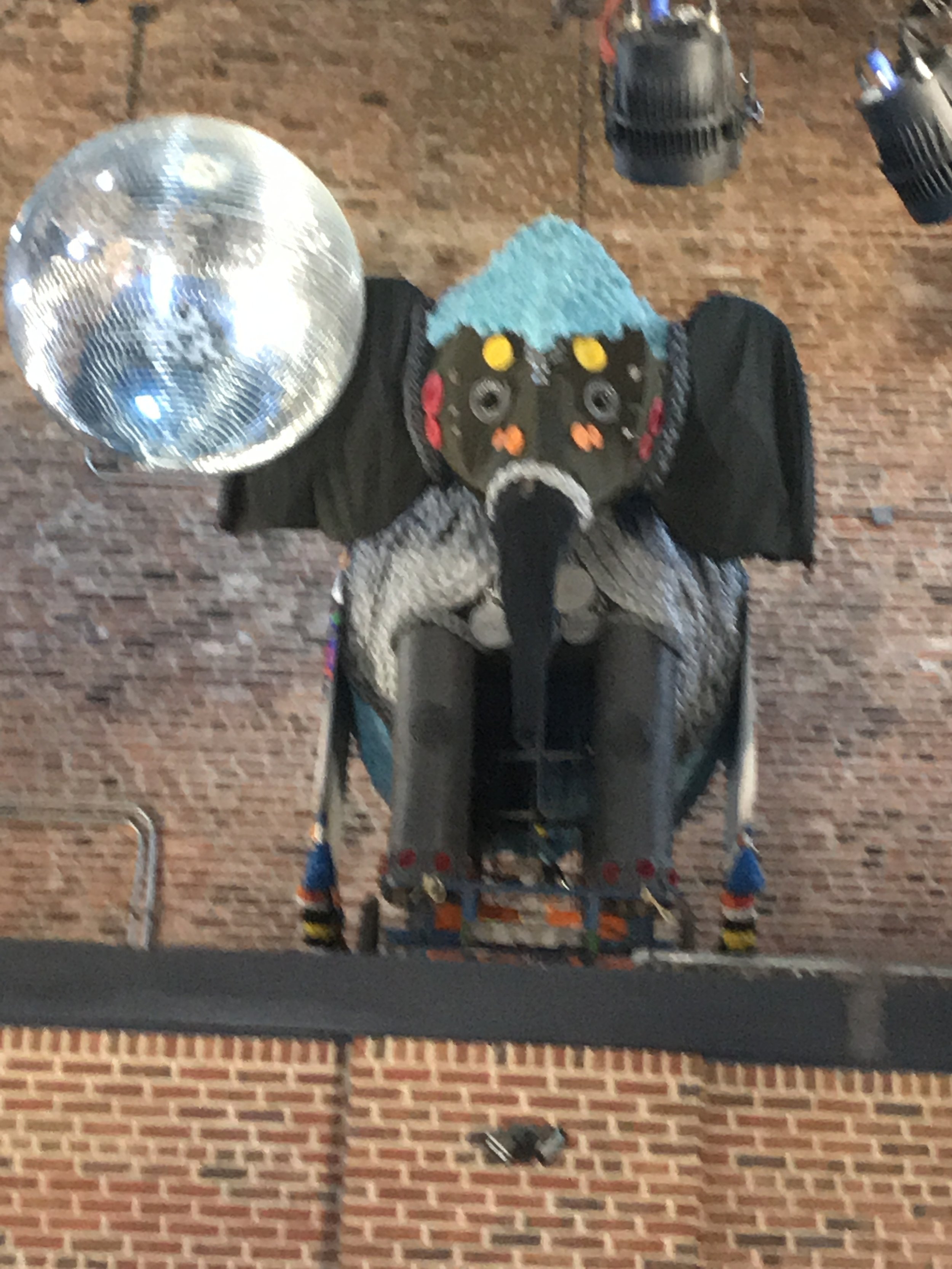Uneven Pavement
I’ve been driving between D.C. and Baltimore for decades. I went to college on Maryland’s Eastern Shore and made friends from the Baltimore, Philadelphia, and Wilmington areas, and even up north to New Jersey and New York. But Baltimore was only a 40 minute drive from Washington College, so when we tired of the cornfields and the Chester River, we’d hit the road. I remember going to the Baltimore Aquarium on field trips as a child, and to the Inner Harbor with my family to eat crab cakes and watch the street performers in their colorful shirts juggling on unicycles. My friends chose to throw me a Bachelorette party in Baltimore fourteen years ago before I got married.
My usual route, the Baltimore-Washington Parkway, has more potholes that any other road I frequently travel; even the scenic, yet bumpy George Washington Parkway on the Virginia side of the Potomac River doesn’t come close. Now, hearing the news on NPR on my way to work about Donald Trump's racial insults hurled towards Baltimore make me seethe.
My most recent trip along the BW Parkway took me to the American Visionary Art Museum to meet up with one of my best friends on the planet. Filled with light and color and art in every form imaginable, the AVAM told the story of parenting and what it means to be a mother, a father, a child from every angle. Painful separations, brokenness, dysfunction, and then glimmers of hope and unconditional love. That is how I see Baltimore. It is not a city to be dismissed or tossed aside, or called rat-infested.
Even with this lens, I'm starting to realize how much fear I have inside of me. The paralysis I feel is from a lifetime of caring deeply about how I am perceived. The city of Baltimore doesn't care about how it is perceived. It cares about character and the essence of unique charm that permeates the streets. Now, I am painfully aware of my white privilege. Being able to pay a fee to go to the nicest aquariums and art museums is a privilege. Eating at swanky restaurants is a privilege. Dancing at premiere clubs. In my younger days, I went to Baltimore to help with Habitat for Humanity projects, but most of my memories are of delicious food, bright days by the harbor, warm nights out with my girlfriends. I've never felt afraid in the city because I've never had a reason to fear.
Two nights ago I took an Uber across the bridge to a row house in a part of D.C. that I've never ventured into before. Southeast. Anacostia. I'm embarrassed to say that I almost didn't go to The Little Salon event that night because I didn't have anyone to go with until the last minute. I didn't think I would feel safe in "that part" of town. It's embarrassing that I grew up just minutes away from Anacostia and I've never spent time there. The Little Salon D.C. exists to bring people together to enjoy the arts in our own city. I live in Arlington, Virginia, but the city is where the culture thrives. In that small row house in Anacostia, I smiled at people who smiled back, and I don't know what they thought of me, but I sensed their appreciation that I showed up. I came to sit and listen to music, spoken word poetry, and local theatre. We were all hot and sweaty, squeezed in together to be inspired and to inspire.
Yet, I'm painfully aware of the unevenness of it all. We're traveling on the same roads here, but some people get pulled over and some don't. And I say nothing. I stay in my lane and grip the wheel and lock my doors. My worse-case-scenario brain imagines what would happen if I got stranded in the wrong place at the wrong time. Me, in my white denim jeans and yellow floral cotton kimono, and pink sandals from Nordstrom. I made a conscious decision to bring my least-showy, inexpensive bag with me. I didn't want to be an obvious target.
Here, in my safe home, drinking my Kombucha, I cringe and feel constricted by my own cultural confines. How do I break out of this cage? I know that silence is not an option any longer; nor is complacency. Safety is an illusion after all. Is it up to me to fix the roads, to make the pavement even? How can I?
